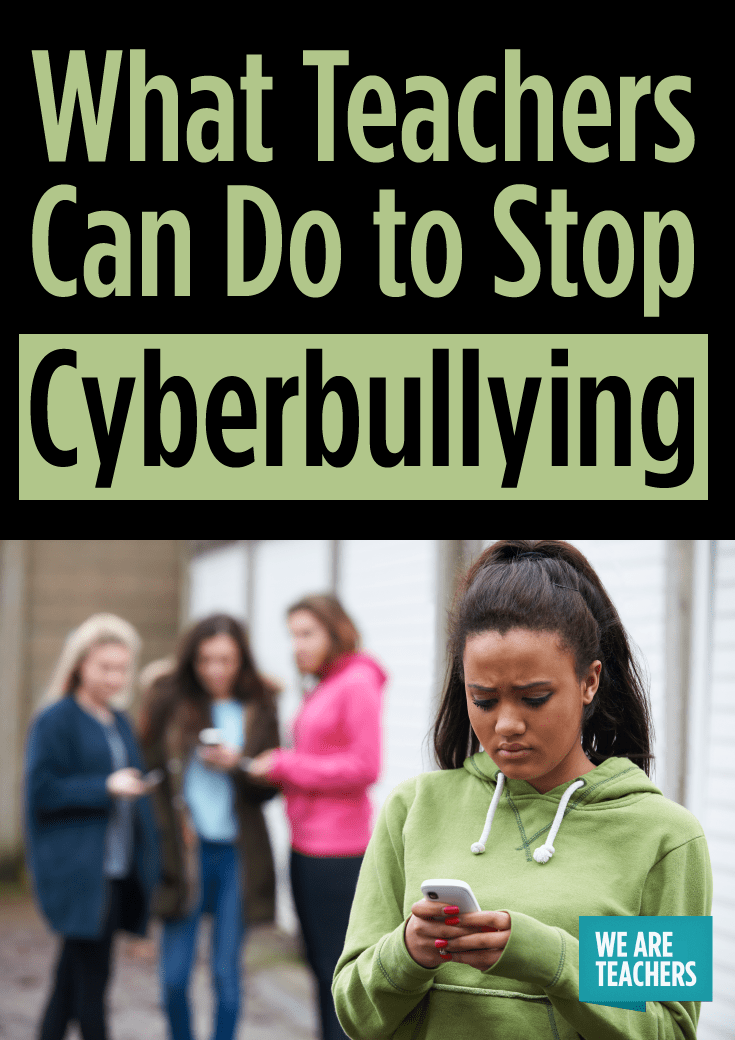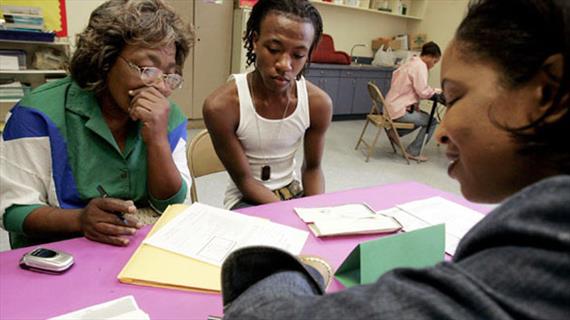Remember the Burn Book in the movie Mean Girls? A group of “popular” high school girls would cut out pictures of their peers from yearbooks, write dirt and gossip about them in the book, and then pass it around. It was mean, petty, dangerous, and I used to think it was totally unrealistic.
Then I became a teacher and realized that this kind of thing happens more often than you think. It is an epidemic that leads to self-harm, growing suicide rates, and an increasing number of kids with anxiety and depression.
Here’s the difference, though. In 2004, this type of cruelty was recorded in a paper notebook and passed between a small group of people. In 2017, gossip, rumors, and abuse is spread within minutes through social media where the audience is limitless.
Just this week one of my students was the target of cyberbullying. Another student spread terrible rumors about her on Snapchat. Within 12 hours of posting, most of the students in all of my classes knew about the rumor, but did not know that it wasn’t true. The girl in my class was humiliated, and spent most of the school day in the counseling office crying, and the following day at home, ashamed to show her face in school.
One of our most important jobs as teachers is to ensure the safety of our students. Because of technology, this is more difficult than ever before. But here are some ways teachers can have a major impact in ending this problem.
1. Teach digital citizenship.
Teachers hold a captive audience, and what we say has a tremendous impact on our students. While not every word we say is retained by our students, they are listening more often than you know. Instead of just using our influence to teach math, science, English, and history, teachers also need to speak out against destructive practices like cyberbullying.
Hold class discussions about it. Share suicide statistics. Get on a pedestal every now and then. It’s easy to think that everyone knows the consequences of cyberbullying, but many do not, and the classroom should be a place for them to learn.

2. Connect with parents.
The internet is still fairly new, and therefore cyberbullying is also a recent issue. Many parents do not know how to deal with it or know what signs to look for to spot it. Encourage parents to stay involved in their students’ online lives by asking questions, being open with their kids, and even monitoring their online activity. Of course it is the parents’ decision on how they raise their kids, but teachers can share what they know and are seeing.
A great avenue to start these conversations with parents is through your administration. Ask your principal if you can help draft an email to parents to start the conversation.

3. Report it.
I’ve overheard students talking about friends who are being targeted online. I’ve even hear students admit that they themselves are targeting a certain person. My temptation is to ignore what I hear and avoid getting involved in students’ problems. However, this only allows abuses to continue. Adults need to report cyberbullying when they see it and do everything they can to end it. In every situation I’ve experienced, the victim of the bullying appreciates the support. Students should know that no matter what, their teacher has their back.

4. Empower student leaders.
Teachers and administrators can definitely help prevent cyberbullying in schools, but no one is as influential as the students. Students should be empowered to be leaders who stand against mean behavior online. Encourage students to report abuses, stand against bullies, and comfort those who are attacked. Anti-bullying groups and organizations are helpful and should be encouraged, but the greatest impact comes when students feel empowered to stand against it in their own social circles.

When the girl in my class was targeted online this week with damaging rumors, she felt alone and ostracized. She felt as if her reputation was ruined and that she had no place in our school. But then another girl in my class put an arm around her and assured her she is not alone. Following this example, many other students gave this same assurance, and essentially denounced what was said on social media.
Teachers, do you have any other creative solutions to the cyberbullying problem? Please add your ideas to the comments section below.


